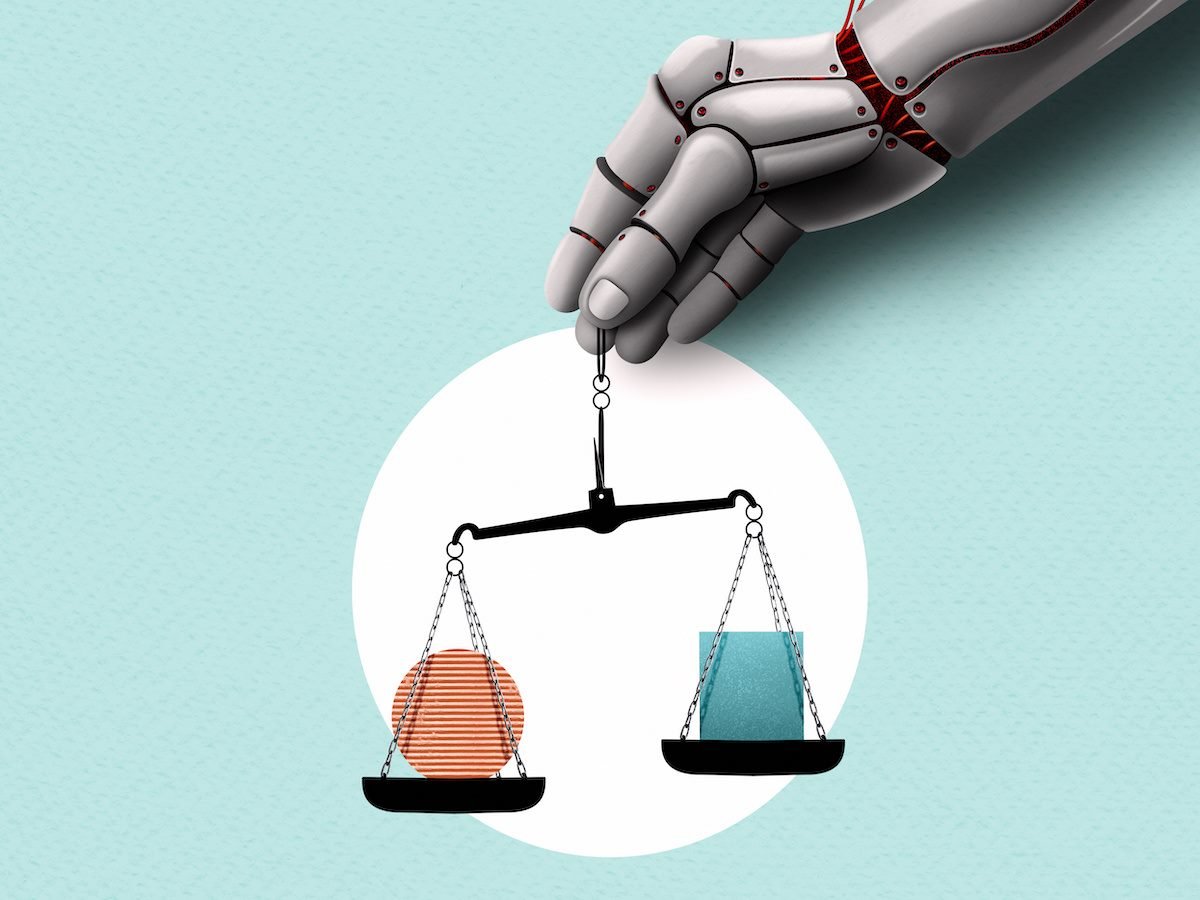“Is Your Independence Hiding a Deeper Truth? Uncover the 8 Surprising Signs It Might Be a Trauma Response!”
These earlier experiences can train your brain to treat independence as a fortress. By telling yourself that you don’t need anyone, you avoid the risk of being let down again.
Unfortunately, it also prevents you from experiencing the deeper connections that come from shared struggles, empathy, and communal growth. The fortress keeps disappointment out, but it also walls you off from supportive relationships.
5. You keep your guard up, even in safe environments
Years ago, I noticed I was holding my breath during a relaxing yoga session. It struck me as odd, because I was surrounded by people I trusted in a welcoming space.
If you find it tough to let your guard down, even among friends or family, it may indicate that you’re always braced for an emotional “attack” that rarely comes. This hypervigilance might have developed to safeguard yourself against criticism or neglect.
Psychology Today suggests that consistent feelings of alertness or mistrust can be linked to past emotional trauma. In a safe environment, genuine independence might allow you to relax and even share responsibilities or concerns without fear.
But if your guard never drops, consider whether you’re genuinely comfortable being independent—or whether you’re stuck in a loop of self-protection that sees threats around every corner.
6. You push people away during stressful times
Stressful situations can actually reveal more about us than calm moments do. Maybe you’re generally open to chatting with friends about everyday wins and losses, but the second a real crisis hits, you shut down and disappear.
You might not even realize you’re pushing people away. You’re “too busy” or “don’t want to burden anyone,” so you retreat into your own bubble.
I used to think that facing problems head-on meant locking myself in my home office until I found a solution, refusing to take calls or texts. Over time, I recognized I was essentially cutting off emotional lifelines because my past taught me that leaning on others was risky.
Stress can amplify these wounds, triggering an emotional reflex: isolate and self-protect. True independence should involve the freedom to decide how you handle challenges, not an automatic impulse to shut people out.
7. You feel uneasy when you’re not in control
From planning every minute of your day to deciding where a group of friends should meet, do you get anxious if you’re not the one calling the shots?
A certain level of leadership can absolutely be a personality trait, yet feeling a constant need to dictate your environment might indicate a deeper internal struggle. That struggle may stem from experiences where you felt helpless or lacked a sense of agency.
When our autonomy was undermined or our voices ignored, we sometimes overcompensate by becoming fiercely independent. We want to control as many variables as possible to avoid ever feeling powerless again.
But true personal power doesn’t have to manifest as unyielding control—it can also emerge through collaboration, delegation, and trusting others. If the thought of someone else leading the way fills you with dread, it might be time to explore why your independence hinges on being in the driver’s seat.
8. You chase self-sufficiency at the expense of connection
In my own journey, I found that my desire to be self-sufficient sometimes clashed with my longing for close friendships.
I would skip social events to work on personal projects, telling myself it was all about “discipline.” But a tiny voice inside me admitted I was simply uncomfortable with the vulnerability that comes from deeper human bonds.
Self-sufficiency can be admirable: cooking your own meals, paying your bills on time, planning your life goals. The problem arises when you use it to replace the human need for connection.
Humans are wired to form bonds and derive meaning from community. If you notice that your relationships are one-sided or distant because you rarely let people see the real you, it’s worth asking if your independence is a sign of healing or an outdated coping mechanism that no longer serves you.
Conclusion
When independence becomes your shield against vulnerability, it can lock you into patterns that keep you disconnected from genuine support and human closeness.
Recognizing these red flags isn’t about blaming yourself—it’s about opening the door to new ways of relating that honor both your autonomy and your well-being.
I’ve learned that true strength often involves the courage to admit when you need a hand, the wisdom to know you’re allowed to rest, and the openness to let people in. If several of these signs hit uncomfortably close to home, consider giving yourself permission to explore why you lean so heavily on self-reliance.
You might discover that real freedom lies not in standing alone at all costs, but in having the emotional flexibility to accept or decline help without seeing it as a threat. A little vulnerability can go a long way toward healthier, more balanced independence—one that reflects who you truly are, rather than what you’ve had to survive.














